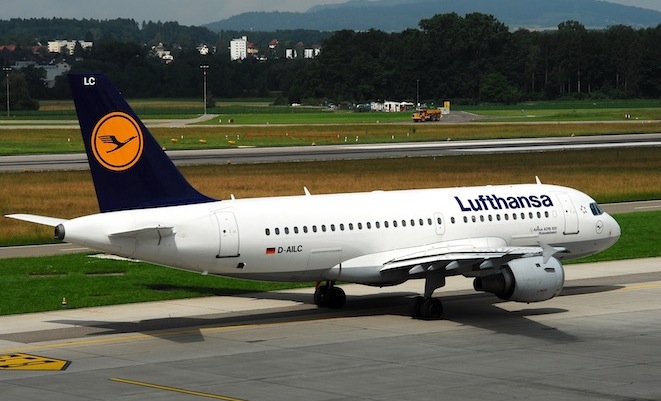
Most of the airline operators are still depending on huge financial injections by governments and investors to survive amid the global crisis caused by coronavirus pandemic. But the International Air Transport Association said that there are still large gaps in the financial aid needed to help airlines to survive.
IATA, the trade association for the world’s airlines, expects the airline industry’s global debt to rise to $550 billion by the end of the year – a 28 per cent increase over debt levels at the start of 2020.
The average aid in Africa is around 1 per cent ($0.8 billion) of the 2019 revenues of airlines on the continent compared with about 25 per cent of their 2019 revenues received in aid by North American airlines, 15 per cent received by European airlines and 10 per cent of revenues received by airlines in the Asia-Pacific region.
Last week, Muhammad Ali Albakri, IATA’s regional vice president for Africa and the Middle East, said that both state-owned and private domestic airlines in South Africa were in urgent need of help. He said African governments could be shooting themselves in the foot in terms of economic recovery if airlines are not given adequate financial support.
South African President Cyril Ramaphosa announced on Sunday night that domestic air travel may be phased in during lockdown Level 3, starting with business travel only. The dates for such a start must still be announced and airlines have responded with cautious optimism about the news.
“Even if one believes in capitalism and free markets, there are exceptional times which need exceptional measures,” IATA CEO Alexandre de Juniac said during a webinar on 26 May.
He explained that due to governments’ COVID-19 interventions – like flight bans and closing of borders – exceptional circumstances were created, which effectively blocked the airline industry from operating. Therefore, it should be appropriate to ask governments to intervene in helping the industry revive again.
“Airlines were running completely out of cash and it was just a matter of weeks or days, so what we did was ask for emergency aid to be given to them. However, over half the relief provided by governments creates new liabilities. Less than 10 per cent will add to airline equity,” said de Juniac.
“It changes the financial picture of the industry completely. Paying off the debt owed governments and private lenders will mean that the crisis will last a lot longer than the time it takes for passenger demand to recover.”
It is expected that about $67 billion of the new debt will be due to governments in the form of loans ($50 billion), deferred taxes ($5 billion), and loan guarantees ($12 billion). About $52 billion will be from commercial sources, including commercial loans ($23 billion), capital market debt ($18 billion), debt from new operating leases ($5 billion), and accessing existing credit facilities ($6 billion).
“After surviving the crisis, recovering to financial health will be the next challenge for many airlines. Post-pandemic control measures will make operations more costly. Fixed costs will have to be spread over fewer travellers. And investments will be needed to meet our environmental targets,” said de Juniac.
“Connectivity will be important to the recovery. Meaningful financial aid to airlines now makes economic sense. It will ensure that they are ready to provide job-supporting connectivity as economies re-open.”
In December last year – before the coronavirus pandemic devastated the global airline industry, including in South Africa – IATA predicted that African airlines would likely suffer a loss of $200 million in 2020, similar to the loss expected for 2019.
Now IATA estimates that airlines in Africa have likely already lost in total about $6 billion due to the pandemic and related flight bans, placing about 3.1 million jobs in the aviation and related industries are at risk on the continent.
Article courtesy of airlinerwatch.com




